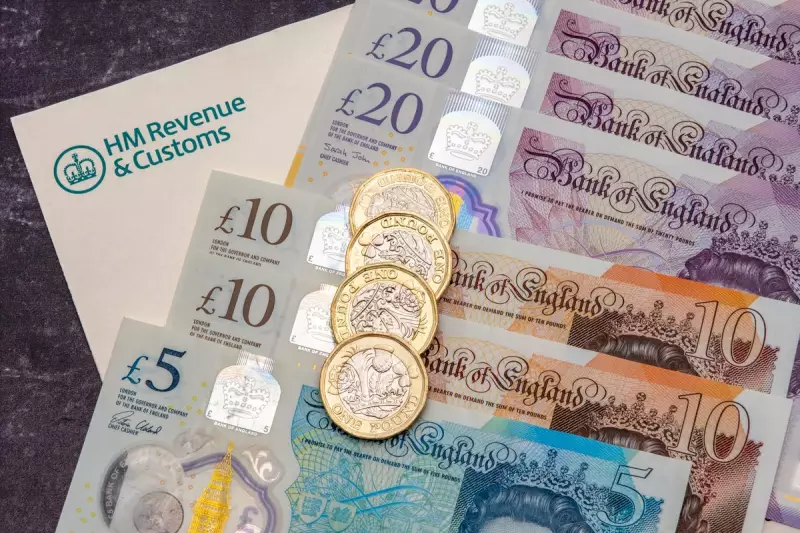
The UK's tax system is undergoing a major digital transformation, and businesses, self-employed professionals, and landlords must prepare for the next phase of Making Tax Digital (MTD). HM Revenue & Customs (HMRC) is tightening rules, introducing penalties, and enforcing new deadlines—here’s what you need to know to avoid fines.
What is Making Tax Digital?
MTD is HMRC’s initiative to modernise tax reporting by requiring digital record-keeping and submissions. Initially targeting VAT-registered businesses, the scheme is now expanding to include income tax for self-employed individuals and landlords.
Key Deadlines and Changes
- April 2024: MTD for Income Tax Self-Assessment (ITSA) becomes mandatory for self-employed workers and landlords with annual incomes above £50,000.
- April 2025: The threshold drops to £30,000, bringing more taxpayers into the scheme.
- April 2026: MTD for Corporation Tax is expected to launch, though exact details are still pending.
New Penalties for Non-Compliance
HMRC is introducing a points-based penalty system for late submissions and payments. Each missed deadline will accrue points, and once a threshold is reached, fines will apply. For example:
- £200 penalty for late VAT submissions.
- Interest charges on overdue tax payments.
How to Prepare
To avoid penalties, taxpayers should:
- Switch to HMRC-approved accounting software.
- Ensure all financial records are kept digitally.
- Familiarise themselves with quarterly reporting requirements.
HMRC has stated that exemptions may apply for those with disabilities, insolvency cases, or other valid reasons, but most businesses will need to comply.





